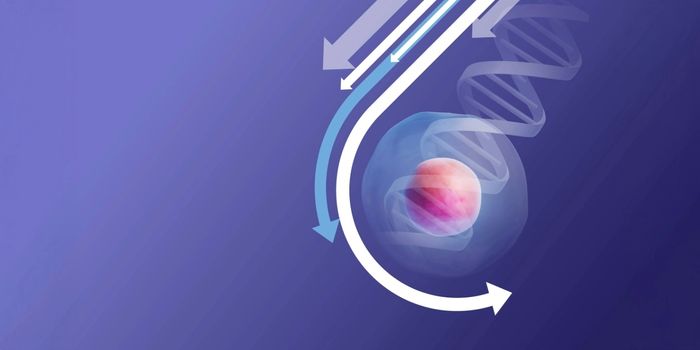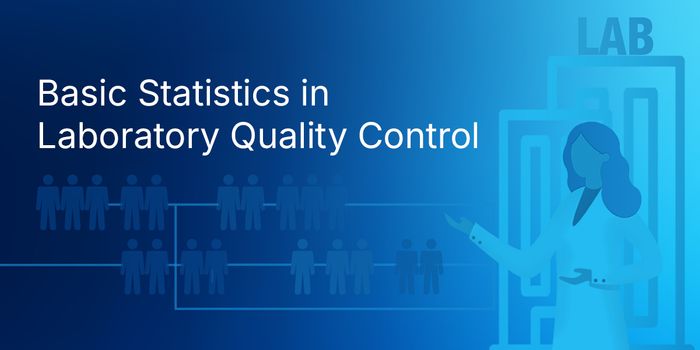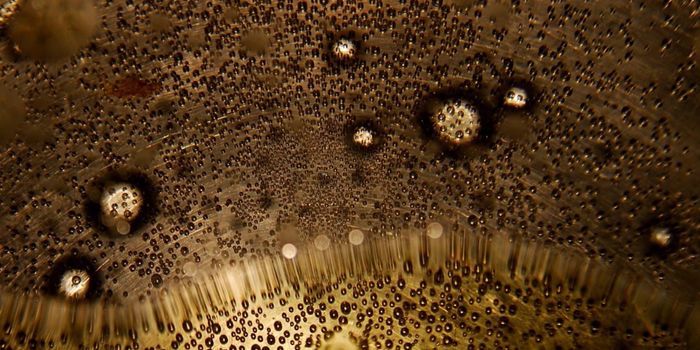Men's Sexual Supplements Ineffective and Potentially Harmful

Men who are taking (or looking to take) over-the-counter sexual supplements may want to reconsider, says a new study published in the Journal of Sexual Medicine.
In an extensive review of the most common active ingredients in 30 top-selling men’s sexual health supplements, the authors found little scientific evidence to support these wonder drugs’ claims. Even worse, some ingredients can actually be harmful to men’s health.
A recent report estimated that Americans spend about $30 billion out of pocket every year on complementary or alternative medicine, including over-the-counter (OTC) dietary and health supplements. A large portion of this sum comes from sales of male sexual supplements. These come in a range of “natural” ingredients – from ginseng, ginkgo biloba, to maca and horny goat weed – all claiming to increase erectile function, libido, and sexual performance.
The General Nutrition Corporation (GNC) is the largest specialty retailer of dietary supplements in the United States. The authors used GNC’s sales data of men’s supplements and identified 30 top-selling products that are marketed toward improving men’s sexual health. This included Extenze (Biotab Nutraceuticals Inc.), BIO-HARD (BioXgenic), and Steel-Libido (Irwin Naturals). The cost per serving per day ranged from $0.67 for MAGNA Rx to $5.77 for Performix SUPER T.
Dietary supplements are classified as foods, not drugs. Thus, the Food and Drug Administration is not involved in regulating the testing and marketing of these OTC pills. As a result, the authors reported widely varying available information regarding package contents. Even so, they identified the ingredient most commonly named as the active ingredient for each product.
Among the active ingredients, many have little to no sexual health benefits (DHEA, gingko biloba, horny goat weed, among others), some have evidence of mild sexual improvement (Fenugreek, red ginseng, maca, Ashwagandha, among others). But none has enough quality evidence of effectiveness to be recommended as a first-line therapy for sexual dysfunctions in men.
Some may reason that it may not hurt to try a supplement, even if there is little evidence of positive impact for their sexual health. But this is not the case for some of the supplements, as they contain ingredients that are potentially harmful. At the mild end of the spectrum, red ginseng may cause headache, upset stomach, constipation, rash, insomnia and low blood sugar. Yohimbine, a heavily researched ingredient, is known to commonly cause headache, sweating, agitation, hypertension, and insomnia.
However, the more alarming side effects come from those ingredients that aren’t listed. Many products (81% in one study) contain undisclosed amounts of prescription compounds, one of which is phosphodi-esterase type 5 inhibitors (PDE5I). Aside from the sly stray away from the advertised “natural-ness,” the addition of these chemically synthesized compounds may cause unknown and unsafe counterindications with other drugs and health conditions.
"PDE5Is cannot yet be legally sold over the counter in this country," said Ryan Terlecki, M.D., associate professor of urology and senior author. "Men who use these medications without a physician's supervision run the risk of taking them inappropriately. Patients with advanced heart disease, for example, or who take nitrates, such as nitroglycerin, should not use PDE5Is as it may cause an unsafe drop in blood pressure. Likewise, men with severe liver impairment or end-stage kidney disease requiring dialysis should avoid these products."
Sexual concerns among male patients are quite common, with an estimated 40-70% of men experiencing some form of sexual dysfunction in their lives. But even so, more and more males are turning to OTC options, as these offer anonymity and lower costs. Perhaps with awareness on the low efficacies of these supplements, we can begin to have a better, more open medical-based dialogue for men’s sexual health.
Additional Source: EurekAlert








